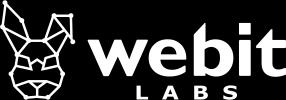

Delivering top-tier Web3 Enhancements, our blockchain developer team pioneers in peer-to-peer transactions, utilizing blockchain technology, dApp development, and smart contracts. We empower trust via transparency and immutability, revolutionizing online engagement, transactions, and collaboration. Our Web3 solutions, such as Referral System, Whitelist Management, Governance, Whitepaper Services, Community platforms add-ons, and Gamification Systems & Tools, create enriched customer experiences, combining technical development, user education, and intuitive interfaces.
Web3 enhancements can revolutionize how institutions manage transactions, assets, and customer interactions. Blockchain wallets can create secure, decentralized financial services, with whitelists and referral systems driving new product adoption.

By integrating wallet capabilities and using whitelist and referral systems, businesses can streamline transactions, increase customer trust, and enhance growth. Community add-ons incentivize consumer engagement, transforming customer experience.
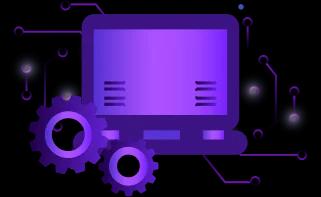
Blockchain can improve patient data management and service delivery. Whitelist functions could help regulate access to sensitive data, while user-friendly interfaces could simplify patient interaction with healthcare systems.
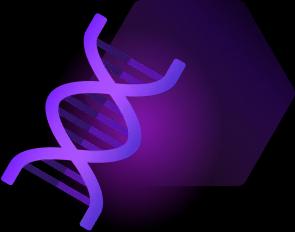
Integrating Web3 solutions could decentralize access to educational resources, facilitate secure transactions, and encourage participation through community add-ons.

Web3 enhancements could offer transparency, security, and efficiency. User-friendly interfaces and wallet integrations could simplify transactions, with whitelists ensuring quality control.

Web3 can streamline transactions and property management. Whitelist systems for property listings, referral systems for client acquisition, and wallet integration for secure transactions could revolutionize the industry.
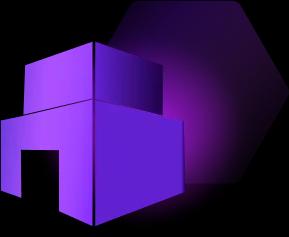
Decentralized content distribution can empower creators and audiences, with blockchain wallets simplifying transactions, and community add-ons promoting engagement.

With Web3, games can integrate decentralized assets, create incentivized referral systems, and utilize wallet integration for transactions. This could significantly enhance user experience and game economics.

Web3 can decentralize control over data, provide secure transactions with wallet integration, and encourage customer engagement through community add-ons.
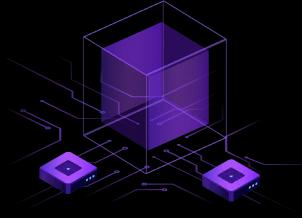
Web3 can streamline service delivery, improve transparency, and promote citizen engagement through DAO and Governance.
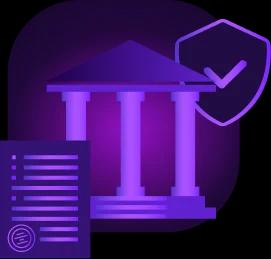
Implementing Web3 could enhance legal processes with secure transactions, transparent records, and smart contracts.

Web3 can decentralize ad networks, bringing transparency and user control. Whitelists and referral systems can improve audience targeting.

Web3 can enhance transparency in donation management, ensuring donors' funds reach their intended targets. Whitelists can regulate fund access, and community add-ons can boost donor engagement.

Blockchain can enhance loyalty programs, streamline booking processes, and increase security in transactions. Referral systems can drive new customer acquisition.

Web3 can provide transparency in food supply chains, traceability of produce, and secure transactions. Community add-ons can engage consumers directly with producers.

Blockchain can improve inventory management, loyalty programs, and customer experience. Wallet integration can enhance secure and seamless transactions.

Web3 can enable decentralized energy grids, streamline transactions, and improve system transparency. Smart contracts can automate energy trading.
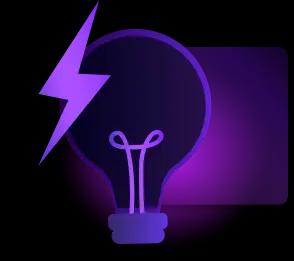
Web3 can enhance background verification, secure data management, and optimize the recruitment process. Whitelist systems can regulate data access, and wallet integrations can streamline compensation.
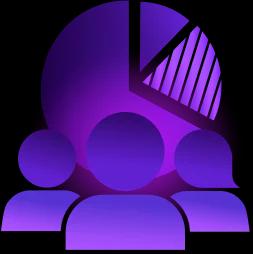
Web3 can provide transparent and reliable data collection. User-friendly interfaces can improve survey participation, and community add-ons can encourage continuous user feedback.
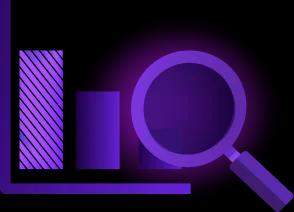
The first step is to develop decentralized applications (dApps) that leverage Web3 enhancements. This involves using blockchain technology, smart contracts, and potentially other Web3 technologies like IPFS for decentralized storage. These applications should be designed with user privacy and data control in mind.

The best project launch happens when you already have users waiting in line to finally test your product or join your project. A whitelist is the best organic way to make it happen, but just an email box won’t suffice in Web3, it should be implemented with technical developments allowing you to fully customize the user experience and gate the waitlist according to any specifications and conditions that help you achieve your early goals in the most Web3 way possible.
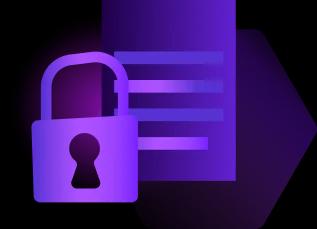
An invite link and referral code will work, but fraud attempts, scams and data unreliability still have a pressing presence in Web3. Gating the access, enforcing certain requirements and taking precautions are mandatory for an accurate and performing referral system that can enable you to expand your reach and aim for an accelerated user acquisition. The solution resides in 3rd party integrations, wallet integrations and well-engineered UI to finally reach a bot-free and scam-resistant system while targeting the desired users.

One of the challenges with Web3 technologies is that they can be complex and intimidating for non-technical users. To address this, it's important to develop user-friendly interfaces that abstract away some of the complexity. This might involve creating a simple, intuitive web interface for interacting with a dApp, or developing a mobile app that integrates with a blockchain wallet.

To interact with Web3 applications, users will typically need a blockchain wallet. This wallet should be integrated seamlessly into the user interface. Wallets like MetaMask for Ethereum and similar wallets for other blockchains can be integrated into web browsers and mobile apps.

Even though blockchain technology has pushed brand loyalty and user engagement beyond the known limits, they won’t come without effort. Web3 projects can keep up with users and maintain engagement through community add-ons and specific benefits such as staking pools, governance solutions, integrated and incentivized contests, quiz apps and other seamlessly integrated utility tools and add-ons in an ecosystem connected with major Web3 platforms and services providers.
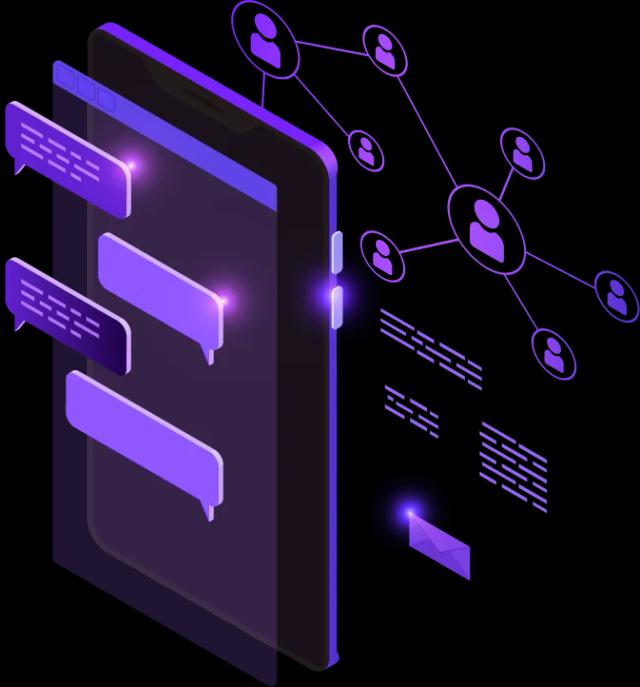
Democratize business decision-making, automating processes via smart contracts. They enhance transparency and accountability through blockchain-based records while reducing operational costs and fostering global collaboration.

Mechanisms that allow businesses to diversify revenue streams, bolster customer engagement, and enhance network security. By enabling token and NFT holders to earn rewards, they incentivize active community participation, loyalty, and stake in the business. This extends the company's influence and value proposition in the evolving digital economy, creating new, dynamic marketplaces and investment opportunities.

Providing responsive support can help users overcome any hurdles they encounter when using Web3 applications. Building a community around your application can also be beneficial, as users can help each other and provide valuable feedback.

Users may need education and support to understand how to use Web3 applications and why they're beneficial. This could involve creating user guides, tutorial videos, and other educational content. It's also important to provide clear, easy-to-understand information about key concepts like private keys and transaction fees. Ensure the information delivery and user participation through a learn2earn dApp.

Ensure that you educate users about the importance of maintaining their private keys and not sharing them with anyone. Implement necessary security measures and educate users about potential scams and phishing attempts in the crypto space.By combining these strategies, you can deliver Web3 enhancements to end users in a way that's accessible, secure, and user-friendly.
